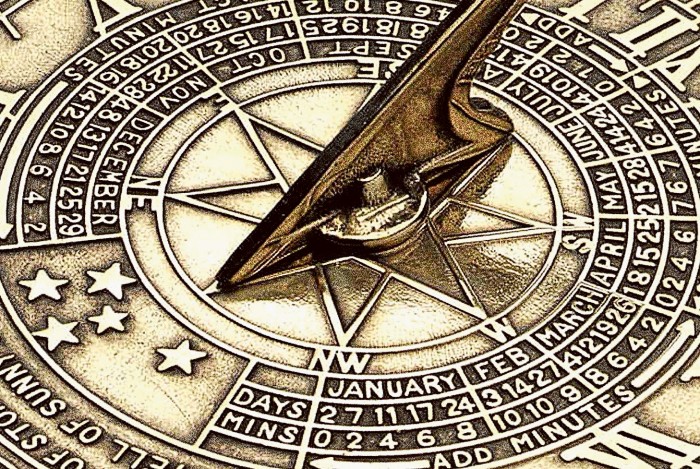 As Christmas approaches again, it can sometimes seem as if nothing (no-thing) is newly created any more – particularly with the endless display of, so-called, ‘new-things’ appearing on-line and in retail stores. In the book of Ecclesiastes we read, “Is there a thing of which it is said, ‘See, this is new’?”
As Christmas approaches again, it can sometimes seem as if nothing (no-thing) is newly created any more – particularly with the endless display of, so-called, ‘new-things’ appearing on-line and in retail stores. In the book of Ecclesiastes we read, “Is there a thing of which it is said, ‘See, this is new’?”
Some 25 years ago, Michael Leunig produced a now well-known poem that, in ‘insurance speak’, could perhaps be referred to as, new for old. As I recall, it was published in the Sunday Age around Christmas time. Three of its six lines were, “Love is born,” the last being, “Love is always born”.
Nothing interrupts the normal flow of ordinary life so much as love.
When I make an effort to talk about love, it invariably detracts from the objective. Nothing takes me more into silence than the contemplation of love. I find that it’s actually easier to love when I’m silent than when I speak (or write for that matter).
Take for instance, the love of a newborn baby. All crying aside, more silence than sound comes out when a baby attempts to use words. And the ‘word’ or sound that is uttered seems to fall back again into the silence. Similarly, silence, has always heralded the mystery of the arrival of the Christ child.
As we approach Christmastide, I think we would do well to focus on the suffix ‘tide’, which can be taken as meaning ‘a point or portion of time’. Later, it came to be associated with the rise and fall of the sea.
Tides were the intervals between lines on sundials. They were around three hours in duration. People would know which ‘tide’ it was through the ringing of a church bell. The part on the sundial that cast a shadow was known as the gnomon, which came from the Greek, meaning ‘one that knows or examines’.
As we enter the season of Advent, more often than not, we will find that we are surrounded by noise, both within and without. A counter to this can be stillness, in the manner of a gnomon, which is acted upon by the sun. Perseverance in stillness and silence is a dynamic of prayer.
After all, it is in silence that our first ‘meeting’ with God takes place. The silence of God is different to any silence that we can concoct. God’s nature is silence. During Christmastide, the silence of God’s love is once again, born.
The only means I have to convey this is the use of words. There is a great deal about love that is communicable. But the core of it is something we must apprehend for ourselves. Mercifully, silence trumps words, for silence carries the weight of God’s love.
The ancient monks often asked, “What rules us?” The past? Memories? Ambition? Remorse? Desires? Things? What should of course rule over us is love … for the person who abides in love abides in God.
The gifts we are given in the silent tide of Christmas are hope, peace, joy and love. These are gifts that the world can’t give – they don’t depend on favourable circumstances. They depend on an awareness of being … an awareness of the opening of our hearts, onto another awareness altogether.
As individuals, as a society and yes, as church, we have not yet learned to ignore the things that are unimportant. Being indifferent to unimportant things can be a way of focusing attention on that which is most worthy of love.
“Behold” – look, examine, know, says Isaiah, “I am creating a new heaven and a new earth”. New for old. Former things will be forgotten; they will no longer live in the crevices of the heart.
Both Isaiah and Leunig have alerted us to the something in us that desires birth. The hope is, that together, like a rising tide, we are slowly waking as one people, of all cultures and all faiths and none.
Dan Wootton
Moderator


Comments are closed.